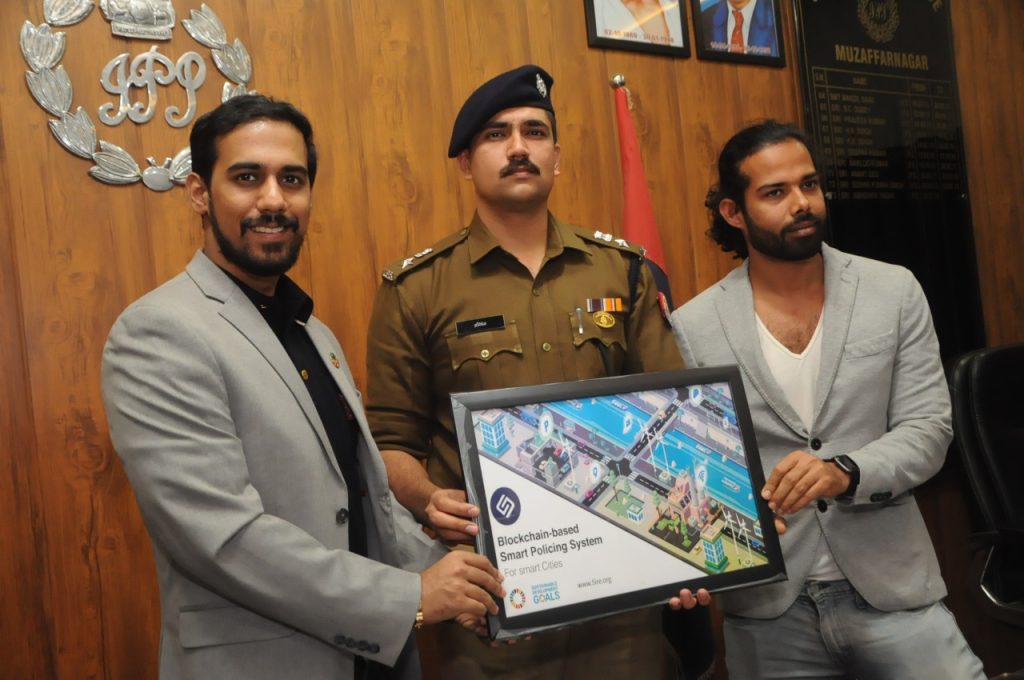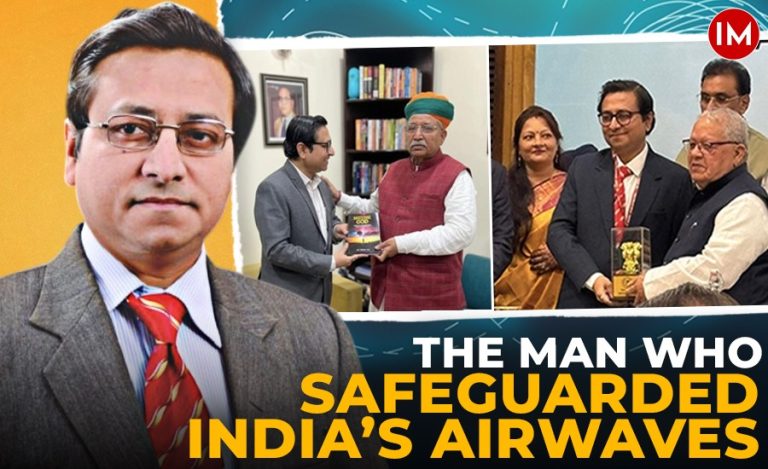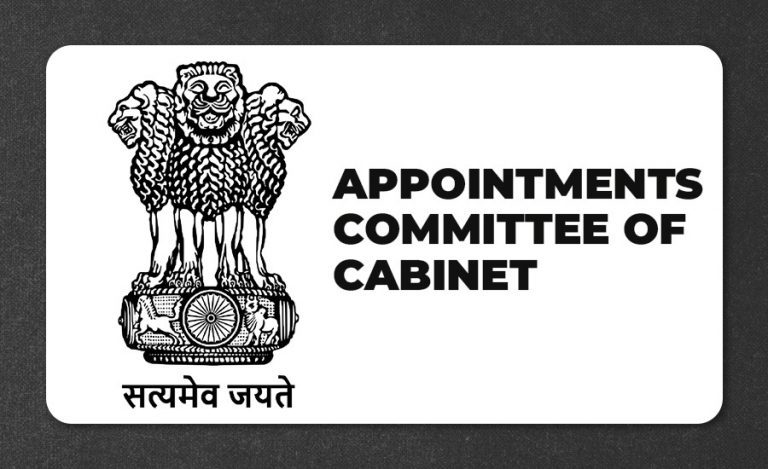The police department of Muzaffarnagar in Uttar Pradesh is setting an example of how technology can be used for effective policing with its Smart Policing Technological Collaboration with 5IRE. 5IRE is a high-performance computing network based on blockchain technology.
Speaking exclusively to Indian Masterminds, Senior Superintendent of Police, Muzaffarnagar, Abhishek Yadav explained about blockchain technology and how it will be efficiently optimized by the Muzaffarnagar police.
BLOCKCHAIN TECHNOLOGY
Gone are the days when police stations kept files of cases, records, and data. Today, everything is stored in e-files. Mr. Yadav has already modernized his police stations with new technologies and the internet. The officer is now introducing blockchain technology to build a safer and more secure community.
“5IRE is a blockchain-based firm and we wanted to explore how we can work with this technology and use it to enhance policing in terms of making it more transparent and improving interaction and access of the common public to the policing system. So, we are going to explore our existing work process and see how they can be integrated with technological solutions of 5IRE,” Mr. Yadav told Indian Masterminds.

HOW IT WILL HELP
The IPS officer is looking forward to working on a few specific elements of policing in this pilot model of blockchain technology. He has his mind on evidence-based policing.
“We will be able to leverage the technology to ensure that a time-bound chain of custody of evidence that is procured from a crime scene is maintained, as blockchain allows us the advantage that whatever is recorded in it is data that is tamper-proof. No one can go back and change it, which is extremely useful in terms of evidence collection. This is one of the pilot projects that we will be working on,” stated Mr. Yadav.
Apart from this, the Muzaffarnagar police will also work on solutions related to smart and intelligent traffic control systems. They will analyze how they can leverage the existing data from multiple CCTV cameras to get to know various things such as peak traffic timings, location, available parking spots, etc.
“We are trying to integrate artificial intelligence and use technology to give us better understanding and solutions to improve the traffic and parking problems and provide solutions that are automated. Basically, blockchain technology will help us in knowing how we can use particular data for coming up with better and more automated solutions so that we can make intelligent decisions based on that data,” he said.

PILOT PROJECT
The Muzaffarnagar police will collaborate with 5IRE and initiate a pilot project to test the entire feasibility of the project and to analyze how they will bring it onboard to the existing policing system and work process.
“Once we complete the pilot project successfully and realize it’s working, then we will take it up with the government and propose that it can be explored on a larger or state-wide scale. Right now, it’s a new technology and we are primarily the first one in India to integrate blockchain technology into smart policing.”

HOW THE IDEA CAME UP
Talking about how he got the idea to involve blockchain technology in policing, the IPS officer said that he had been reading about the technology and understood the possibilities that it provides. Most of the possibilities have been explored by private sectors but there were no pilot projects in which some government agency or police was actually involved with a technological firm to see if it was actually possible or not.
“Technology helps you in bringing out smart solutions especially in largely populated countries such as India. It reduces your work and brings you smart solutions. That’s why we wanted to work on it and create a process that allows us to arrive at better solutions through technology,” stated the officer.
Muzaffarnagar Police would be running test pilot projects in due course of time to examine the potential and compatibility of 5IRE’s technological solutions to its existing work processes in a safe net environment in the initial stage.


































